OUR
TRACK
RECORD
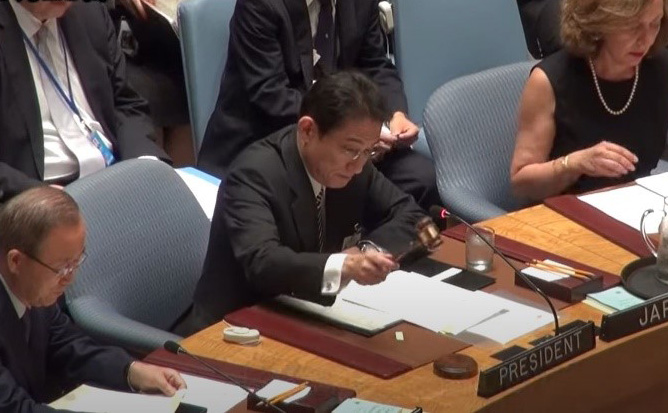 Former Foreign Minister Kishida Fumio presides over the open debate on peacebuilding in Africa
Former Foreign Minister Kishida Fumio presides over the open debate on peacebuilding in Africa
Africa
On the situation in Africa, we aimed to objectively and accurately understand the volatile situation on the ground, including by carefully listening to African voices. Our perspective was: how the Council can prevent the recurrence of conflicts, how the Council can support people living there, and how we can contribute to mid- to long-term development and stability in the affected countries or regions.
Japan organized an open debate on peacebuilding in Africa (July 2016). The presidential statement adopted at the meeting stressed the importance of institution building, capacity building, trust building and innovation in peacebuilding methods, including the use of science and technology, based on African ownership.
The Middle East
Japan proactively engaged in the discussions of the Council and worked to make progress on complex issues such as the Middle East peace process, Syria, Afghanistan, and Yemen.
Japan, along with Sweden and Egypt, served as the co-penholders for humanitarian issues in Syria. On Afghanistan, Japan assumed the lead in the Security Council, engaging in discussions in the Council to draw more international attention to the situation in Afghanistan.
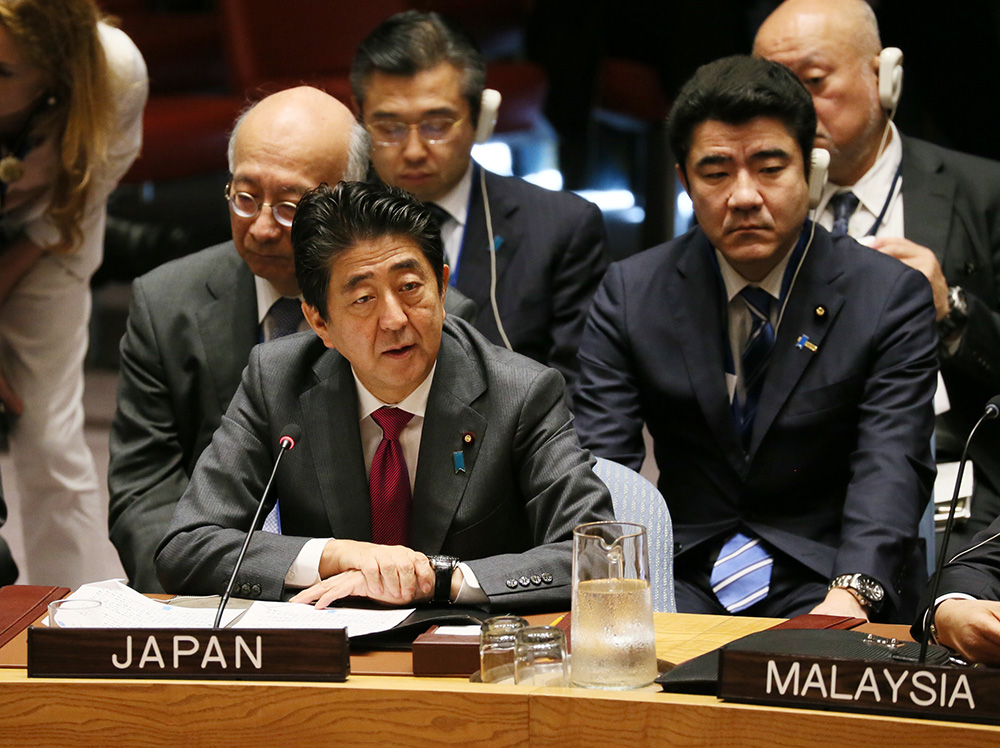 Photo: Cabinet Public Relations Office, the Government of Japan
Photo: Cabinet Public Relations Office, the Government of Japan
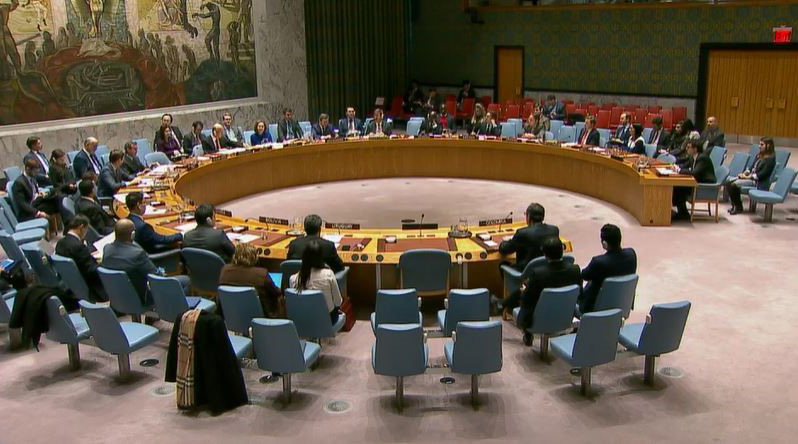 Open debate during Japan's Presidency on addressing complex contemporary challenges to international peace and security
Open debate during Japan's Presidency on addressing complex contemporary challenges to international peace and security
Addressing Complex
Contemporary Challenges to
International Peace and Security
In recent years, the Security Council has held a number of meetings focusing on various issues such as climate change, famine, and infectious diseases in addition to traditional conflicts between nations. This has demonstrated that these issues need to be addressed not only from development and humanitarian standpoints, but also from the standpoint of international peace and security.
In this regard, during its Presidency at the Council, Japan organized an open debate on addressing complex contemporary challenges to international peace and security (December 2017), underlining the importance of ideas such as human security and sustaining peace.
Disarmament and Non-Proliferation
As the only country to have suffered atomic bombings, Japan spared no effort for a world without nuclear weapons, contributing also to disarmament and non-proliferation of WMDs. During Japan’s previous tenure on the Council, North Korea conducted three nuclear tests and launched 40 ballistic missiles in violation of relevant Security Council resolutions. Responding to these provocations, Japan played a leading role in the Council, especially in the negotiations leading to the adoptions of relevant resolutions.
Japan organized a Security Council Ministerial-Level Meeting on the North Korean issue (December 2017), sending a clear message that a nuclear-armed North Korea or nuclear and missile development in flagrant violation of Security Council resolutions will never be tolerated, as well as a unified message that it is essential for every UN Member State to fully implement all the relevant Security Council resolutions.
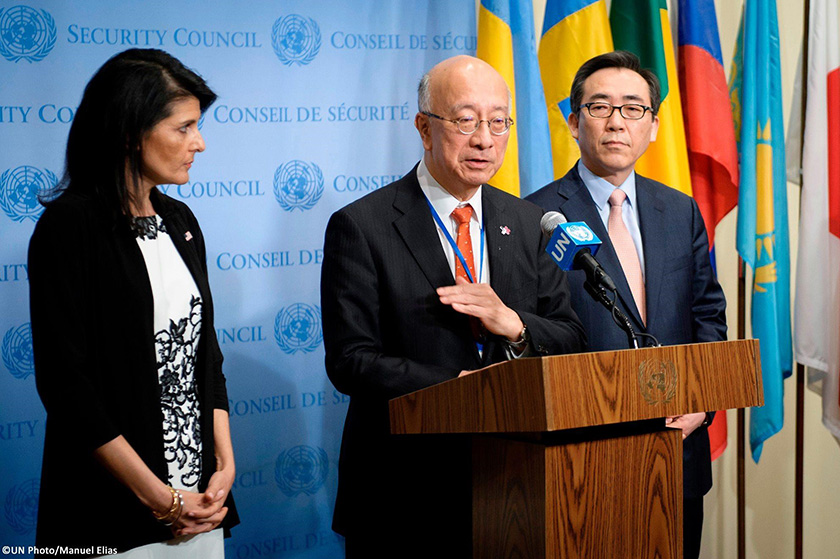 UN Photo © Manuel Elias
UN Photo © Manuel Elias
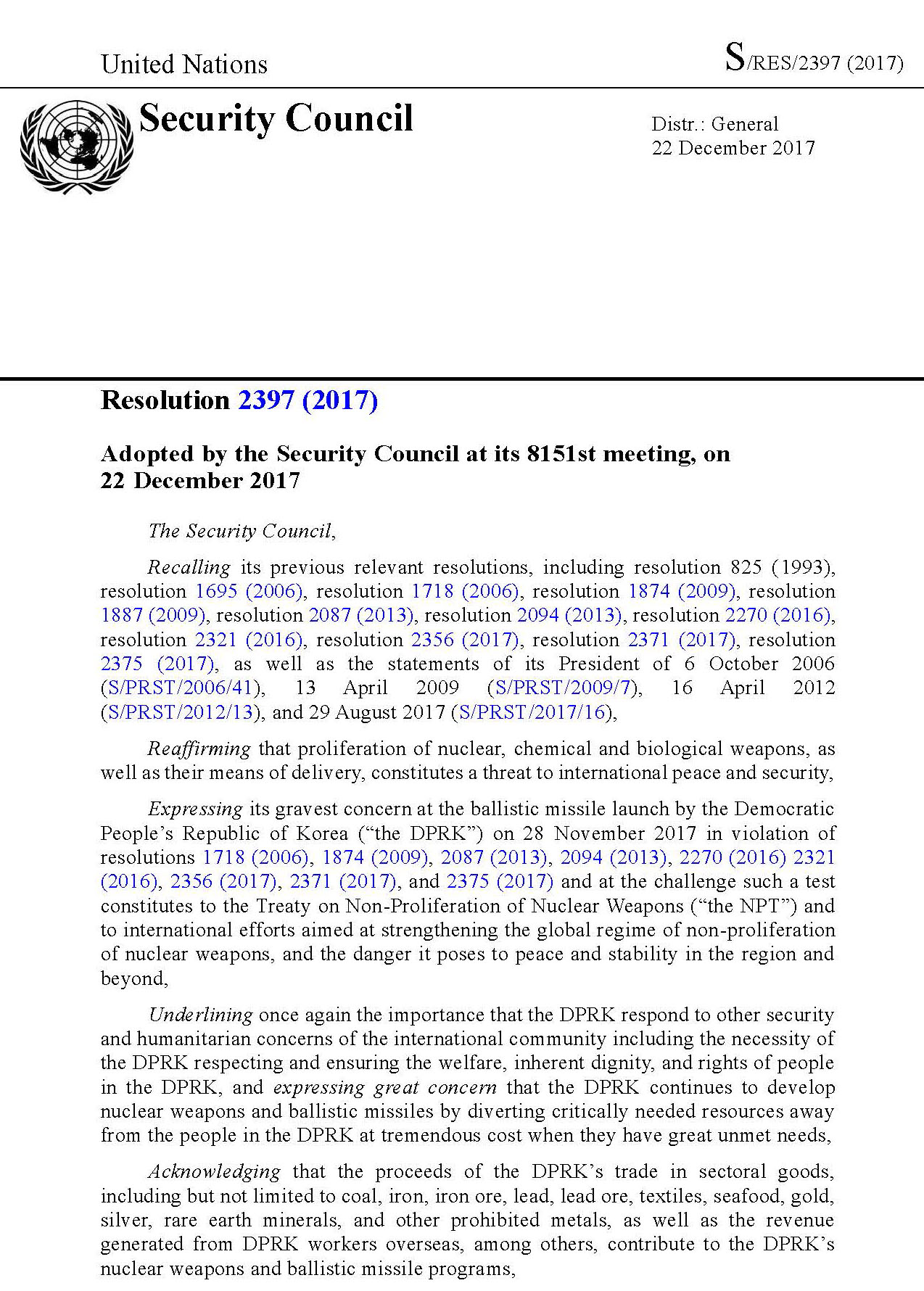
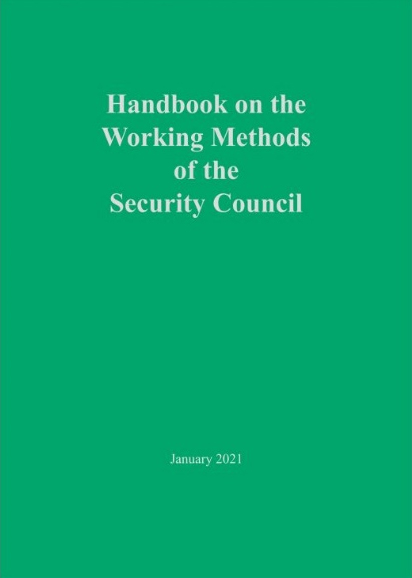
Working Methods of the Security Council
Japan has long worked on systematizing and improving the working methods of the Security Council so that the Council can act in the most effective manner and so that incoming non-permanent members can effectively play their role from the outset of their tenure.
Japan took the initiative to revise the comprehensive and structured presidential note 507, which is incorporated in the new handbook on the working methods of the Security Council, the so-called “Green Book” .
This handbook serves to fill the gaps of experience among the Security Council members and contribute to securing greater transparency in the work of the Council.